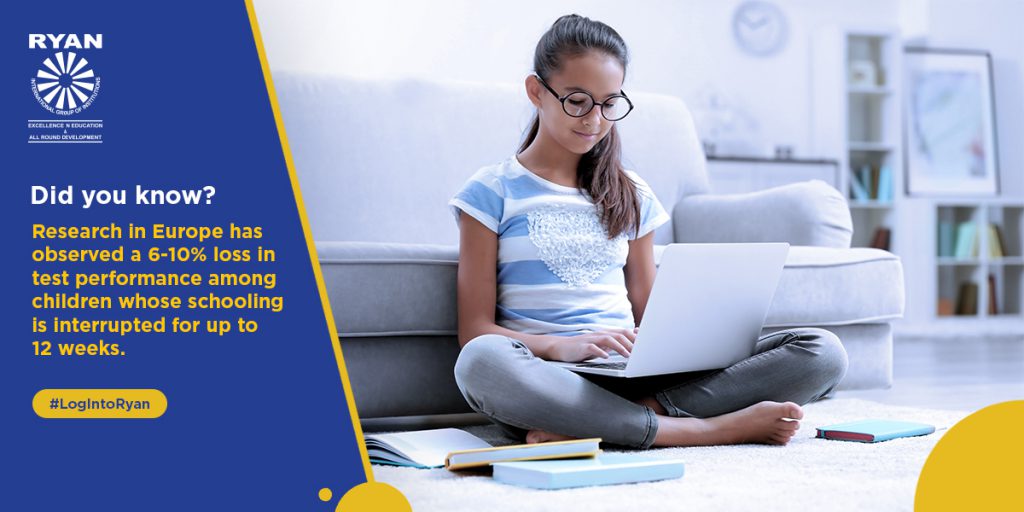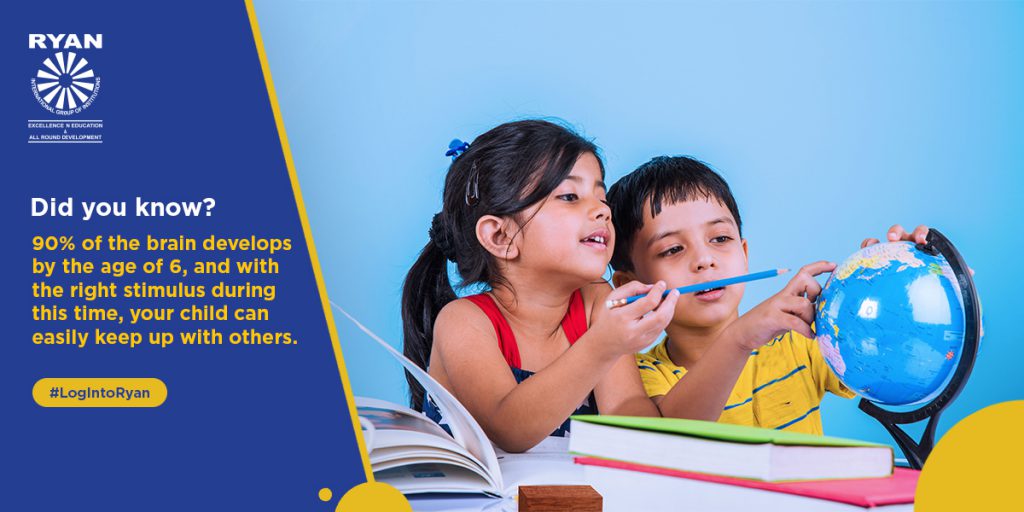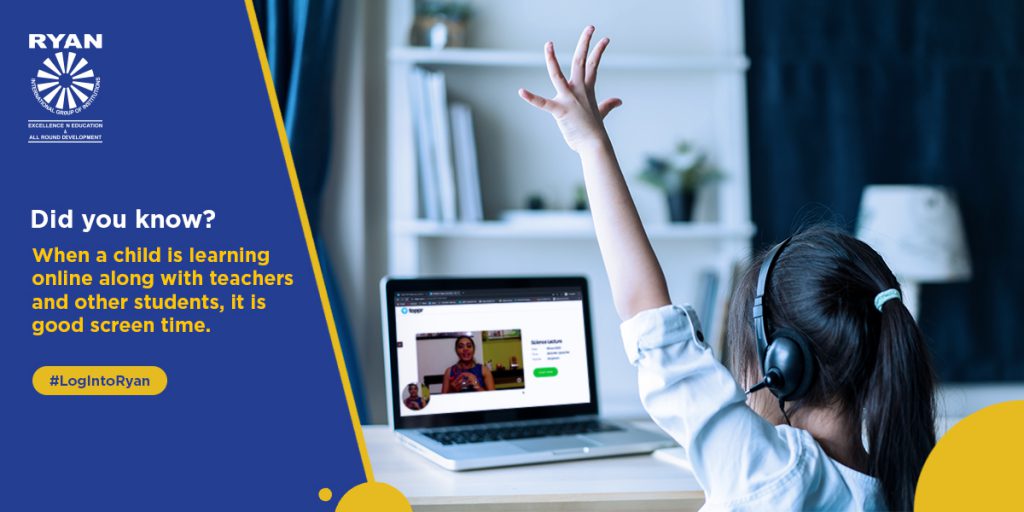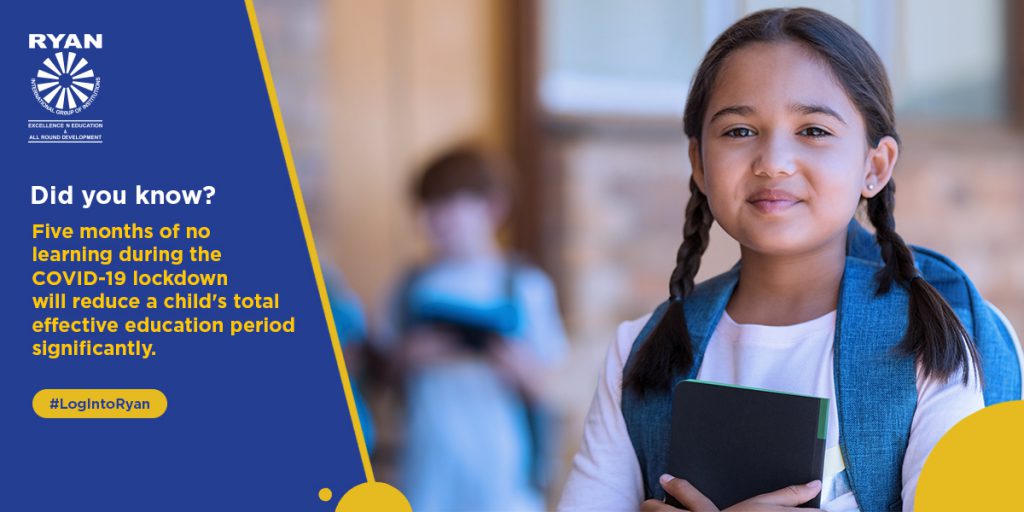As parents, we want the best for our children and for them to do well in their life. Providing them good education is the first and crucial step towards ensuring that they have the best opportunities in their life ahead.
The pandemic has left many parents wondering if they should let their children skip an academic year or homeschool their children. In this article, experts from education fraternity list down the importance of continued learning and its impact on children, answering the 3 important questions.
- What happens when kids miss important education/ learning time?
- What is the significance of Brain Development in early childhood?
- Is too much Screen Time is bad? – Good Screen Time vs Bad Screen Time
1. What happens when kids miss important education/ learning time?
Going to school is the most important part of your child’s education. Students learn new things at school every day. Attending and participating in school will help your child develop:
- Important skills and knowledge
- Social and emotional skills such as good communication, resilience and teamwork.
Despite school closures, children are alert, engaged and busy with e-learning. Online classes and homework keep children away from unproductive activities or negative thoughts in the grim atmosphere created by Covid-19.
Academic experts have concrete proof that learning continuity is vital. Even after annual summer vacation, students slide back on their learning.

Source: Research Conducted in Sweden
Students missing out on e-learning classes could also experience FOMO – Fear Of Missing Out when they compare themselves to classmates who continue their studies through online classes.
Missing school for a longer period means losing out on important skills responsible for a child’s brain development.
2. What is the significance of brain development in early childhood?
Children are born ready to learn and have many skills to learn over many years.
The human brain develops to about 90% by the age of 6 and the “neuroplasticity” (ability to learn new things) is highest during this time. The highest stimulus should be given to the children at this time and any learning opportunity which is denied to the child during this time will put the child behind his/her peer group.

With the right learning opportunities during their high learning years, children develop increased learning capabilities as they grow.
3. Is too much Screen Time is bad? – Good Screen Time vs Bad Screen Time
Parent’s often think E-learning increases screen time, too much of which is detrimental to a child’s health.
Even though spending too much time in front of computers or with mobile phones is a concern, but the content that is being consumed matters the most.
According to WHO guidelines and the American Academy of Pediatrics guidelines: good screen time for a child is when there is a human at the other end of it, while passive consumption of media like fast-paced entertainment and violent games, is bad screen time.

Education during COVID-19 and beyond
The COVID-19 pandemic has created the largest disruption of education systems in history. Closures of schools and other learning spaces have impacted the majority of the world’s student population.

Source: https://bit.ly/2Fm4ijt
On average, every student completes 11.2 years of schooling, which is lessened to 7.9 years when adjusted for quality of learning. 5 months of school closures due to COVID-19 will result in an immediate loss of 0.6 years of schooling adjusted for quality, bringing the effective learning that a student can achieve down from 7.9 years to 7.3 years.
Did you know that lifelong learning can help you actually live longer? So given the benefits not just for their future career, but for holistic growth and development, don’t let your child’s learning stop.




